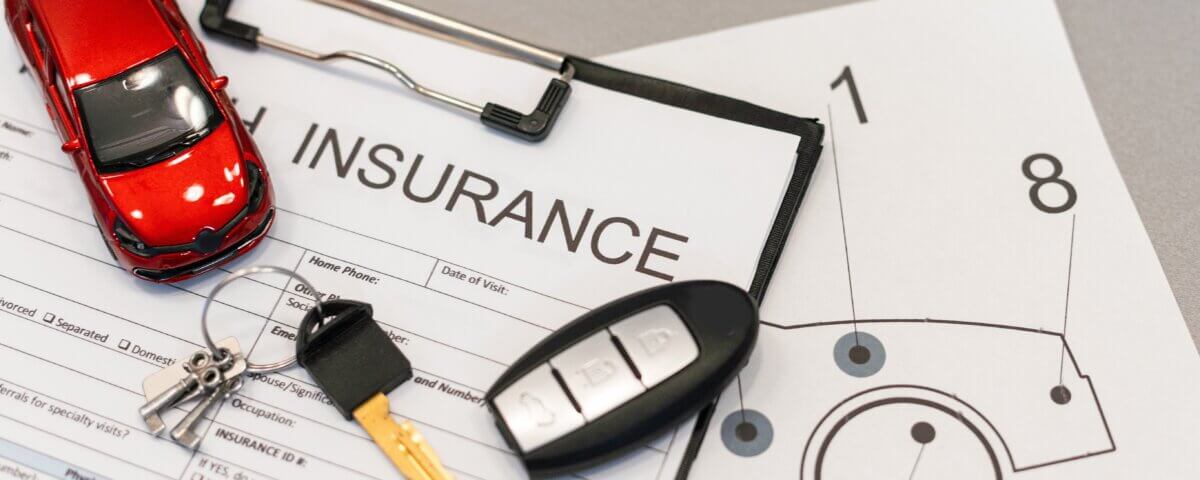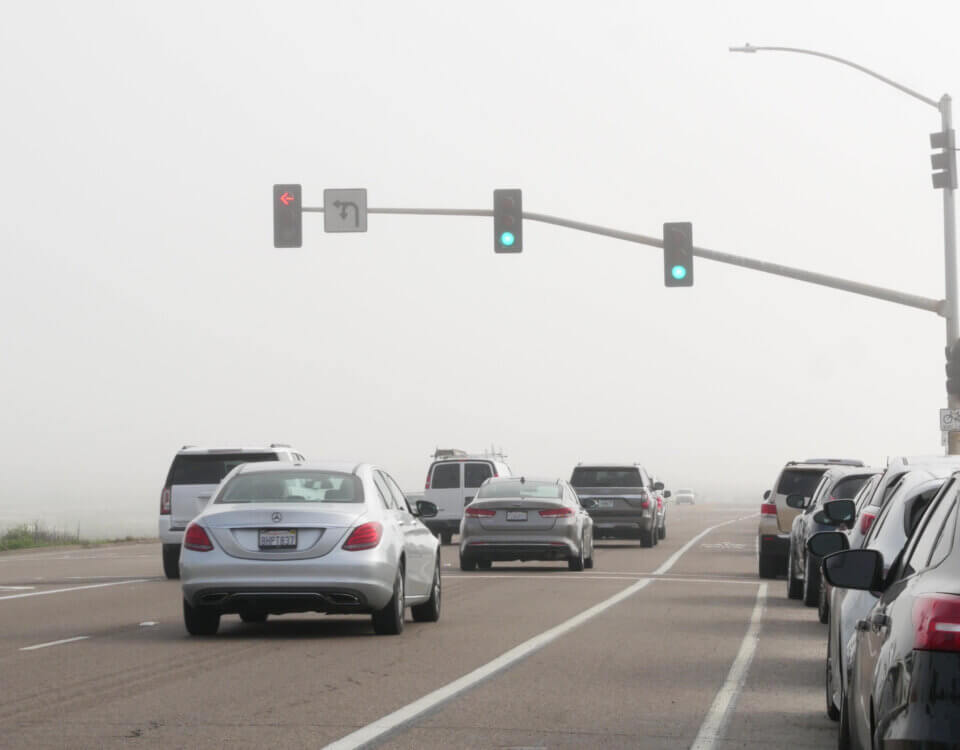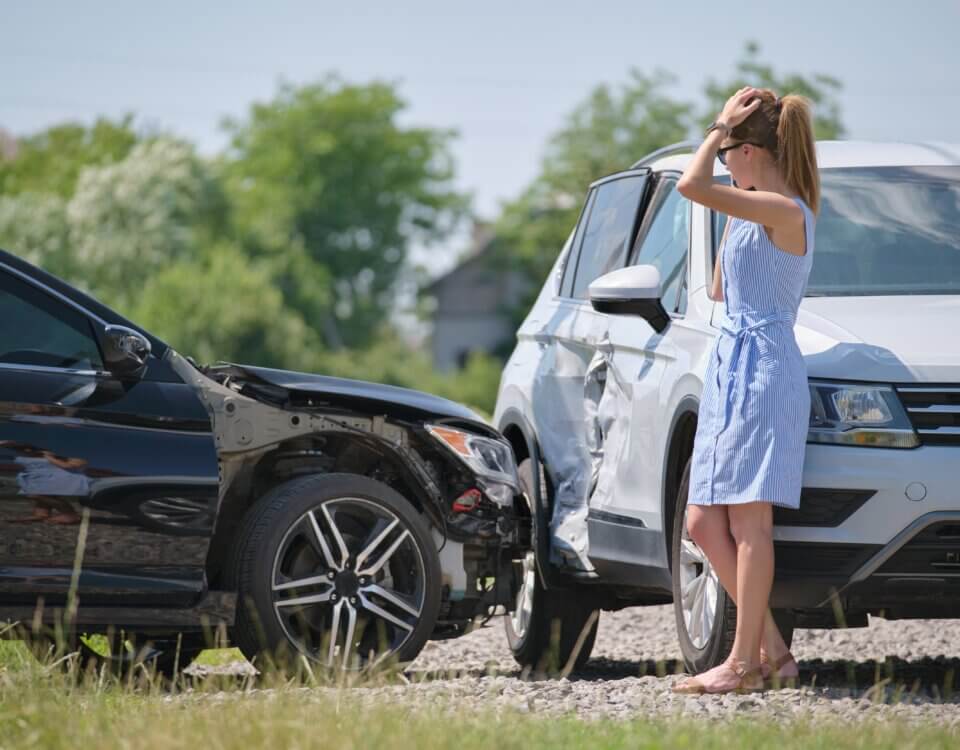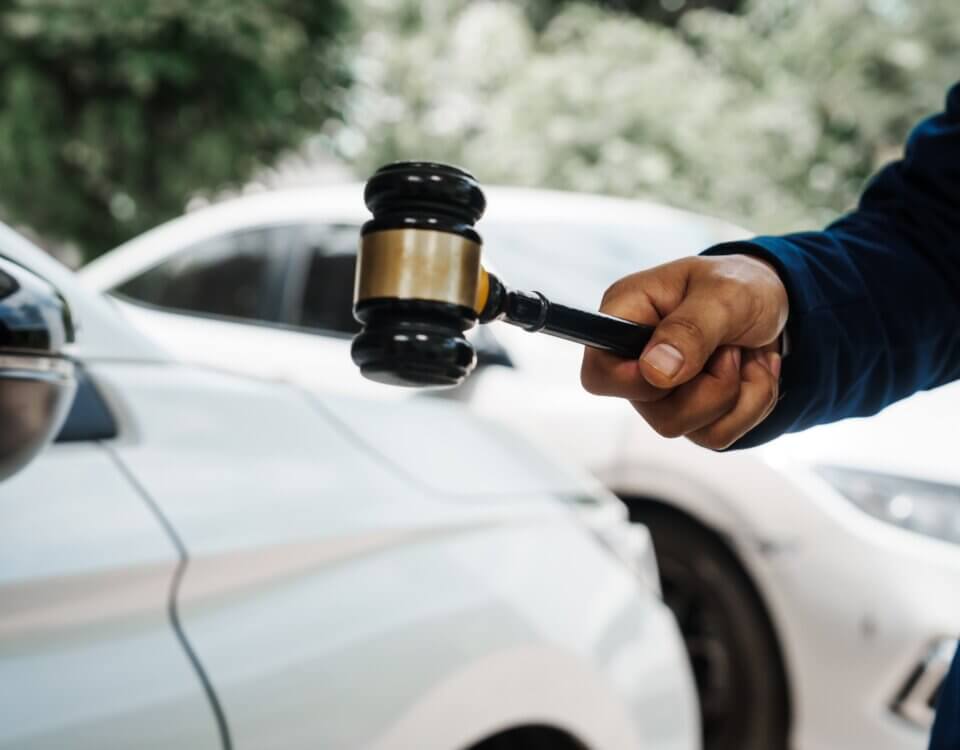After a car accident, one of the first and most important questions is whether the other driver has auto insurance. Knowing this can affect your ability to recover medical bills, repair costs, and other losses.
What Drivers Must Do at the Scene
- State law requires all drivers involved in an accident to stop, remain at the scene, and exchange certain information. That includes names, addresses, driver’s license numbers, vehicle registration, and insurance details like policy number and insurer name.
- If the other driver refuses to provide their insurance information, document the fact. Take photos of anything you can, like license plates, the other vehicle’s details, and any visible damage.
What to Do if You Can’t Get Insurance Info Right Away
- File a police report. The responding officer may gather insurance data in their collision report.
- Use your own insurance. If the other driver is uninsured or underinsured, your own policy’s uninsured or underinsured coverage may help.
Tools for Finding Insurance Info
- DMV Request: In California you can request insurance information from the Department of Motor Vehicles by submitting Form SR-19C (Financial Responsibility Information Request). You will need basic identifying info like the other driver’s license plate or driver’s license number.
- Attorney Help: A lawyer can assist in tracking down insurance information, sometimes via subpoena or other legal tools if the other driver is uncooperative.
Key Legal Things to Keep in Mind
- Refusing to exchange required information is a violation under California Vehicle Code Section 16025.
- Hit and run drivers who flee the scene may be harder to identify. If possible, note the license plate, vehicle description, color, and any witnesses. These details help police or insurance companies locate the at fault driver and their insurer.
How Hillstone Law Can Assist
If you are dealing with uncertainty about another driver’s insurance, Hillstone Law can help by:
- Reviewing your accident to see what evidence you have such as photos, witness info, and the police report
- Filing requests with the DMV or acting on your behalf to get insurance info
- Advising you how your own insurance policy might come into play if the at fault driver lacks insurance
- Navigating legal deadlines and ensuring your rights are protected
Note: These blog posts are created solely for the use of Hillstone Law. The information is gathered from internet research, publicly available sources, and artificial intelligence (AI) tools such as ChatGPT. While we aim to share helpful and educational content, Hillstone Law does not independently verify every detail. Some information may be incomplete, outdated, or subject to change without notice. If you believe any part of a post is inaccurate, misleading, or infringes upon copyright, please contact Hillstone Law immediately so we can review it and take appropriate action, including correction or removal.
Disclaimer: The material provided in these blogs is for general informational purposes only and should not be considered legal advice. Reading these posts does not create, and is not intended to create, an attorney-client relationship with Hillstone Law. Our intent is to share knowledge, raise awareness, and provide helpful resources to the public; however, Hillstone Law makes no warranties or guarantees about the accuracy, completeness, or reliability of the information provided, and expressly disclaims liability for any actions taken in reliance on it. The photos used in these posts are for illustrative purposes only and do not depict actual clients, individuals, or incidents unless expressly stated. If you or a loved one has been injured in an accident, please contact Hillstone Law at (855) 691-1691. Our attorneys are available to answer your legal questions and help you understand your rights.







